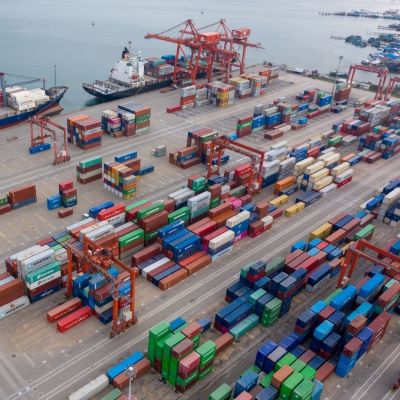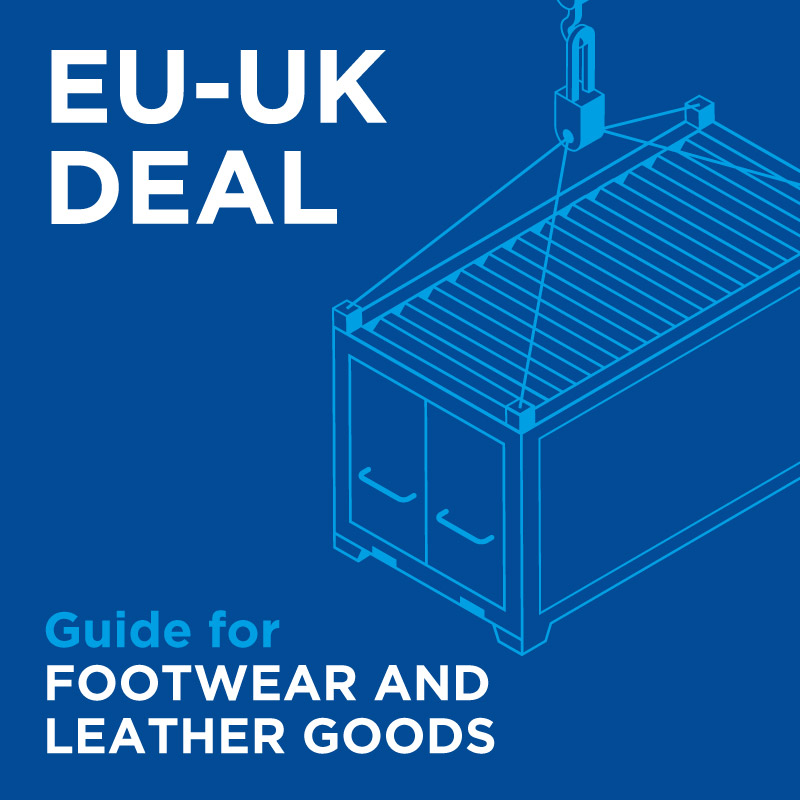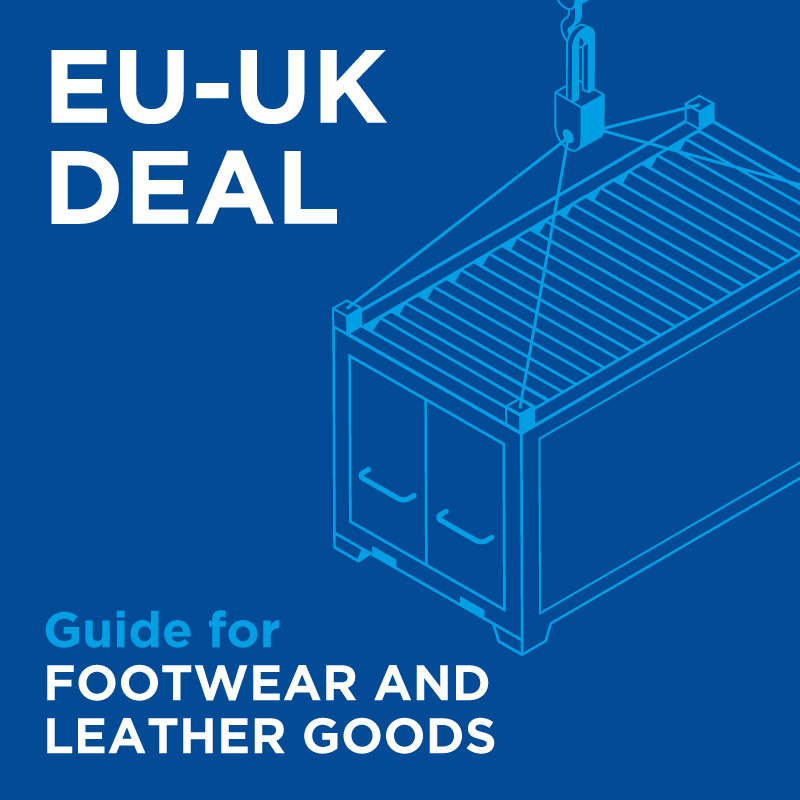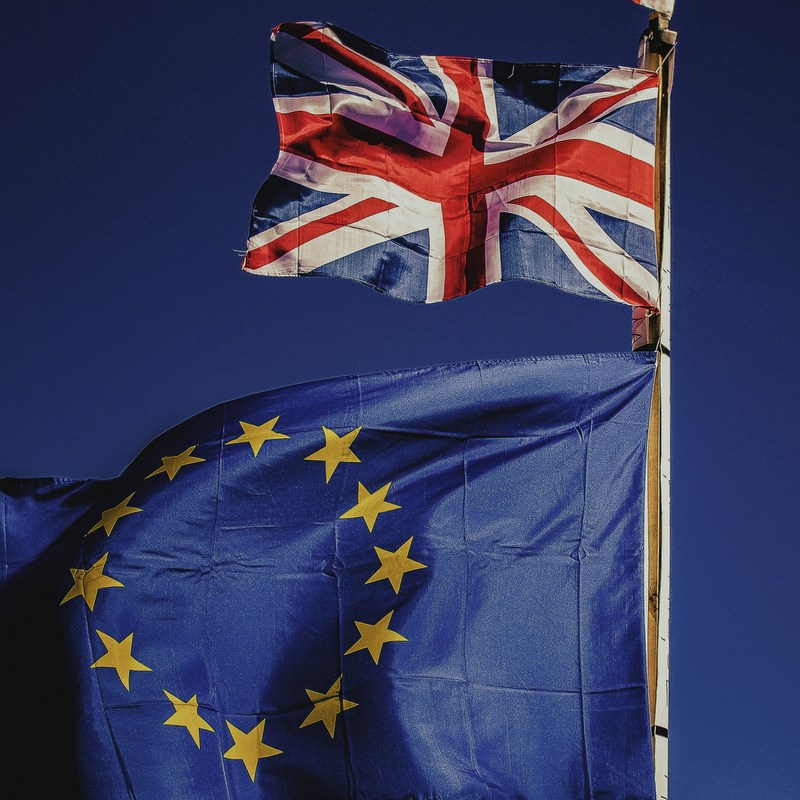BCC emphasizes difficulties associated with the EU Trade deal

A report from the British Chambers of Commerce shows that 71% of UK exporters think that the EU trade deal is not enabling them to grow or raise sales; it has increased costs, paperwork and delays
The research, which was carried out among more than 1 000 businesses, highlights a set of issues with the Trade and Co-operation Agreement (TCA), as only 8% of the companies have agreed that the deal has helped them to grow their businesses or increase sales. When asked to comment on an advantage (for those that agreed) or disadvantage (for those that disagreed) of the TCA, 59 companies identified an advantage, while 320 found a disadvantage.
A minority believes that the trade deal allowed some companies to continue trading without significant change, encouraged them to look at other global markets, and provided them stability. The majority, however, underlined the rising costs for companies and their clients, recalled that smaller businesses do not have have the time and money to handle the bureaucracy it has introduced and put off EU customers from considering UK goods and services (due to the perceived costs and complexities).
BCC believes that “urgent steps should be taken to address these problems”, so that the UK Government’s ambition to increase the number of exporter companies can be met. William Bain, Head of Trade Policy at BCC, stated that “if we can free up the flow of goods and services into the EU, our largest overseas market, it will go a long way to realizing that goal”.
The report pointed out that the TCA was hurting mostly smaller businesses, that do not have the time, funds or employee power to deal with the changes introduced by the trade deal. So, William Bain suggested that a new approach to rules could be the first step to assist companies working on the difficulties presented, as many of these are related to timings and bureaucratic work.
Image Credits: export.org.uk


















